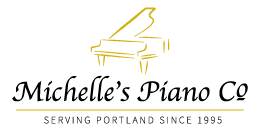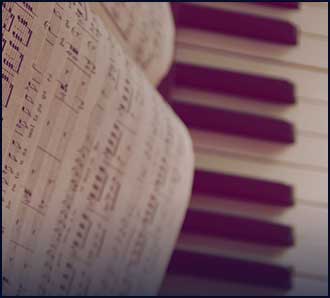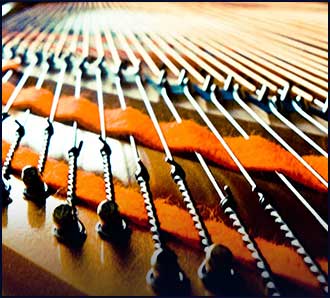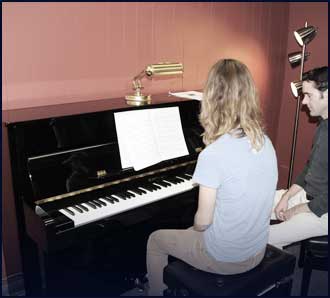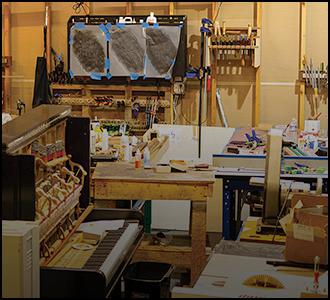
When we think of blind musicians in music, we tend to think of geniuses- Ray Charles, Stevie Wonder, Moondog, and also modern pianists like Nobuyuki Tsujii, who recently performed in Liverpool earlier this month. But for those of us who struggle to learn new instruments as able bodied individuals, how does having a sight handicap seem to raise one’s natural ability for sound? When you’re a blind pianist, how do you go about learning such a huge piece? And how can you be expected to pick up on gestures from the conductor? For Tsujii, it’s a process governed by extremely careful listening and, as he described it in 2017, “sensing what’s around me.”
Recently, Professor Adam Ockelford, a musician and visiting research fellow at the Institute of Education, London, discovered various evidence supporting this notion that weakness in one sense can birth genius in others. He and his research team surveyed and visited visually impaired children who had been premature babies, at home and at school. Working with around 40 blind children, as well as surveying parents, teachers and music therapists, the study showed that blind children are 4,000 times more likely to have perfect pitch – a traditional marker of exceptional musical ability – than their fully sighted peers.
The research, which also quizzed parents whose children were fully sighted, found that 48% of blind children demonstrate significant interest in everyday sounds compared to 13% of those with full sight. More than two-thirds of the blind and partially sighted children played at least one instrument, compared with 41% of the sighted group.
Parents of the blind children reported that music was particularly important as a source of comfort, helping them to relax and express their emotions.

When we think of blind musicians, we usually think of Ray.
According to Ockelford, the reason is “the obvious one”. He explains: “In young babies, the brain is very mouldable, synapses grow and connections are made all the time. In blind children, the areas of the brain involved in sight are not being used, but others, including those used for hearing, become much more important. The greater focus on auditory input makes the brain develop in a different way.”
And when someone like Tsuji is learning a new piece, he has a team of helpers break the whole piano part down into recorded chunks which he then learns bit by bit. Given the scarcity of Braille translations of musical scores, doing it by ear is usually the best method.
